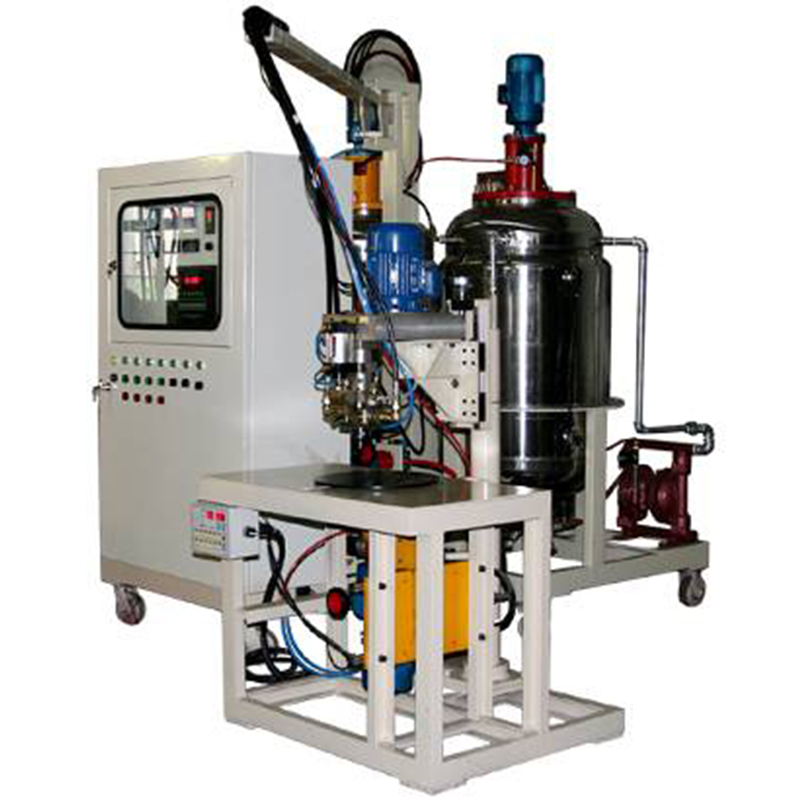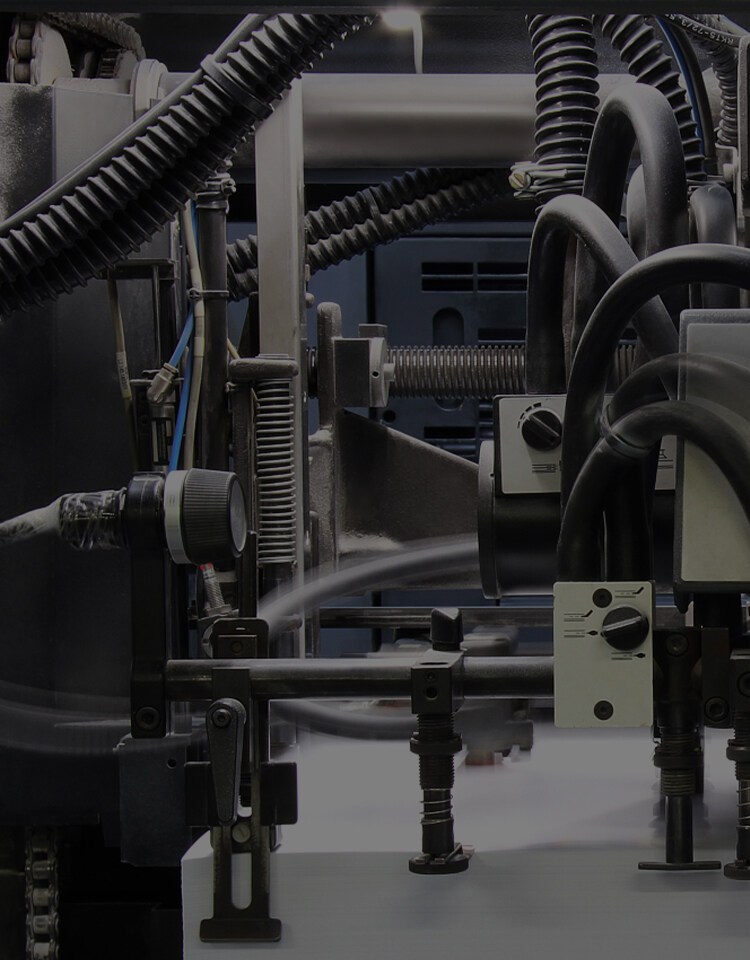Exploring the World of Engine Oil Filter Machines: What You Need to Know About Pricing
In the ever-evolving automotive industry, the efficiency and longevity of vehicles depend heavily on the quality of their components. Among these, the engine oil filter plays a vital role in ensuring the engine runs smoothly by filtering out impurities and contaminants. Behind the scenes, the production of these essential filters is made possible by sophisticated engine oil filter machines. If you're considering venturing into the manufacturing of engine oil filters, understanding the pricing of these machines is crucial. This blog will guide you through the key aspects of engine oil filter machine prices, helping you make an informed investment.
The Basics of Engine Oil Filter Machines
Engine oil filter machines are specialized industrial machines designed to produce various types of oil filters used in automotive engines. These machines handle different stages of production, from cutting and pleating the filter media to assembling and sealing the filter. Depending on the complexity of the filter and the desired production volume, these machines can vary significantly in terms of design, functionality, and cost.
Understanding the Engine Oil Filter Machine Market
The market for engine oil filter machines is diverse, with numerous manufacturers offering a wide range of products. Some companies focus on producing high-end, fully automated machines for large-scale manufacturing, while others cater to smaller businesses with more modest needs. The price of an engine oil filter machine can vary widely depending on factors such as the level of automation, production capacity, technology, and the reputation of the manufacturer.
Key Factors That Influence Engine Oil Filter Machine Prices
When considering the purchase of an engine oil filter machine, it's essential to understand the factors that influence its price. Below, we explore these factors in detail:
1. Type of Machine
Engine oil filter machines can be broadly categorized into three types: manual, semi-automatic, and fully automatic.
Manual Machines: These are the most basic types, requiring significant human intervention. They are generally the cheapest option and are suitable for small-scale production or businesses just starting out.
Semi-Automatic Machines: These machines offer a blend of automation and manual labor. They automate some of the more complex tasks while still requiring human oversight. Semi-automatic machines are priced higher than manual machines but offer better efficiency and output.
Fully Automatic Machines: These machines handle the entire production process with minimal human input, ensuring high efficiency and consistent quality. They are the most expensive but are ideal for large-scale manufacturing operations.
2. Production Capacity
Another major factor influencing the price of an engine oil filter machine is its production capacity. Machines that can produce a higher number of filters per hour are generally more expensive due to the advanced technology and robust components required to maintain high-speed operations. If your business demands high-volume production, investing in a high-capacity machine could be cost-effective in the long run.
3. Material Quality and Durability
The quality of materials used in constructing the machine is a critical determinant of price. Machines made from high-grade metals and components that resist wear and tear tend to be more expensive. However, these machines offer better durability, reducing the need for frequent repairs and extending the machine's lifespan, which can lead to lower operational costs over time.
4. Technological Advancements
Modern engine oil filter machines come equipped with advanced technologies that enhance production efficiency, improve quality control, and reduce energy consumption. Features such as automated monitoring systems, precision control, and energy-efficient motors can significantly increase the machine's price. However, these technological advancements often result in better performance, making them a worthwhile investment for businesses looking to stay competitive in the market.
5. Brand Reputation and After-Sales Support
The brand of the machine also plays a significant role in determining its price. Established brands with a reputation for reliability and quality often charge a premium for their products. These brands typically offer superior after-sales support, including maintenance services, training, and warranty options, which can be invaluable for businesses aiming to minimize downtime and ensure smooth operations.
6. Customization Options
Some businesses may require customized machines tailored to their specific production needs. Customization can include modifications to accommodate different filter sizes, shapes, or materials, as well as the integration of specialized features. While customization adds to the initial cost, it can provide a significant advantage by aligning the machine's capabilities with your exact requirements.

How to Determine the Right Engine Oil Filter Machine for Your Business
Choosing the right engine oil filter machine involves more than just looking at the price tag. Here are some steps to help you make the best decision:
1. Assess Your Production Needs
Before purchasing a machine, it's crucial to assess your production requirements. Consider the volume of filters you need to produce, the variety of filter types, and the quality standards you must meet. This assessment will guide you in selecting a machine with the appropriate production capacity, automation level, and features.
2. Consider Long-Term Costs
While it might be tempting to opt for a lower-priced machine, it's essential to consider the long-term costs associated with maintenance, repairs, and energy consumption. A more expensive, durable, and energy-efficient machine could result in lower operational costs over time, making it a more cost-effective choice.
3. Evaluate After-Sales Support
The quality of after-sales support can significantly impact your overall experience with the machine. Machines from reputable brands that offer comprehensive after-sales services, including maintenance, training, and technical support, can save you time and money in the long run. Ensure that the manufacturer provides adequate support to help you keep your operations running smoothly.
4. Plan for Future Expansion
If you anticipate future growth in your business, it might be wise to invest in a machine that can scale with your production needs. Machines with flexible configurations or upgrade options can accommodate increased production demands, saving you from the need to purchase a new machine as your business expands.
Typical Price Ranges for Engine Oil Filter Machines
Now that we've discussed the factors influencing the price of engine oil filter machines, let's look at some typical price ranges:
Entry-Level Machines: These machines, often manual or semi-automatic, are suitable for small businesses or startups. They typically range from $10,000 to $30,000. While they may lack advanced features, they offer a good starting point for businesses with limited budgets.
Mid-Range Machines: Semi-automatic to fully automatic machines with moderate production capacities fall into this category. Prices usually range from $50,000 to $100,000. These machines balance cost with features, making them ideal for businesses with growing production needs.
High-End Machines: Fully automatic machines designed for large-scale production and equipped with the latest technology can cost anywhere from $150,000 to $300,000 or more. These machines offer the highest efficiency, durability, and customization options, making them suitable for large manufacturers or businesses with high production demands.
Final Thoughts
Investing in an engine oil filter machine is a significant decision that can have a lasting impact on your business's success. By understanding the factors that influence the price of these machines, you can make a more informed choice that aligns with your production needs, budget, and long-term goals.
Whether you're a small business looking to start producing filters or a large manufacturer seeking to upgrade your production line, selecting the right machine is crucial. Remember, while the initial price is an important consideration, the machine's durability, efficiency, and the quality of after-sales support can play an even more critical role in ensuring your investment pays off over time. With the right engine oil filter machine, you can produce high-quality filters that meet the demands of the automotive industry, helping you drive your business forward.


